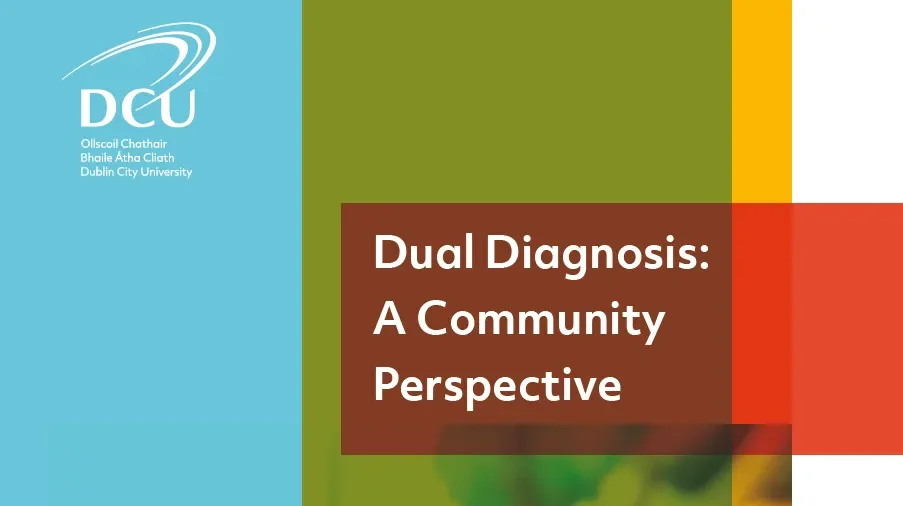

New DCU report reveals the community impact of dual diagnosis
A new study on the community impact of dual diagnosis (mental health and addiction) by Dublin City University in partnership with the Finglas Addiction Support Team (FAST) was launched Dublin’s Lord Mayor Paul McAuliffe at the Mansion House. Examining ways to address dual diagnosis at both community and organisational level, it found that accessing appropriate treatment is frequently frustrating for individuals experiencing dual diagnosis and their families.
Those involved in the study shared personal experiences of dual diagnosis and how difficult it was to access appropriate care locally. Family members described how dual diagnosis affects their lives and professionals told of their work with those with dual diagnosis.
A community research group guided the study and participants included local residents, service users and their families, community workers and representatives, health and social care professionals from Finglas and Cabra.
- The community response to dual diagnosis ought to include increased interagency collaboration; developing a more integrated approach between mental health and addiction service providers and referral pathways.
- Local service organisations need to consider the need for dual diagnosis and trauma staff education and training.
- The report recommends the development of a dual diagnosis assessment tool
- Recommendations at a governmental level include re-establishing the National Clinical Programme
- Improved case management for individuals who with dual diagnosis
Dr. Denise Proudfoot said:
“We were really pleased with the community engagement in both Finglas and Cabra in relation to the topic and study. These are the people who are dealing with the realities of dual diagnosis every day. Involving community stakeholders from the outset meant that this research considered their needs in relation to dual diagnosis and identified ways that these communities and local organisations can begin to address this complex issue in tandem with structural and policy changes.”
Amy Roche, CEO of FAST said:
“The recommendations from this report are in line with what has already been committed to in the National Drug and Alcohol Strategy. We call on the government to implement the agreed actions to establish a New Mental Health Clinical Programme to address dual diagnosis; and to develop joint protocols between mental health services and drug and alcohol services.”
Lord Mayor Paul McAulliffe said:
“This study presents a shared community voice about the impact of dual diagnosis and possible ways to address it locally. It also highlights the need to activate commitments made about dual diagnosis services in the current Irish Drug and Alcohol Strategy, reducing harm and supporting recovery.”
The full report can be read here.
